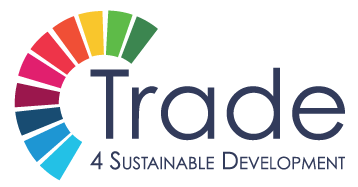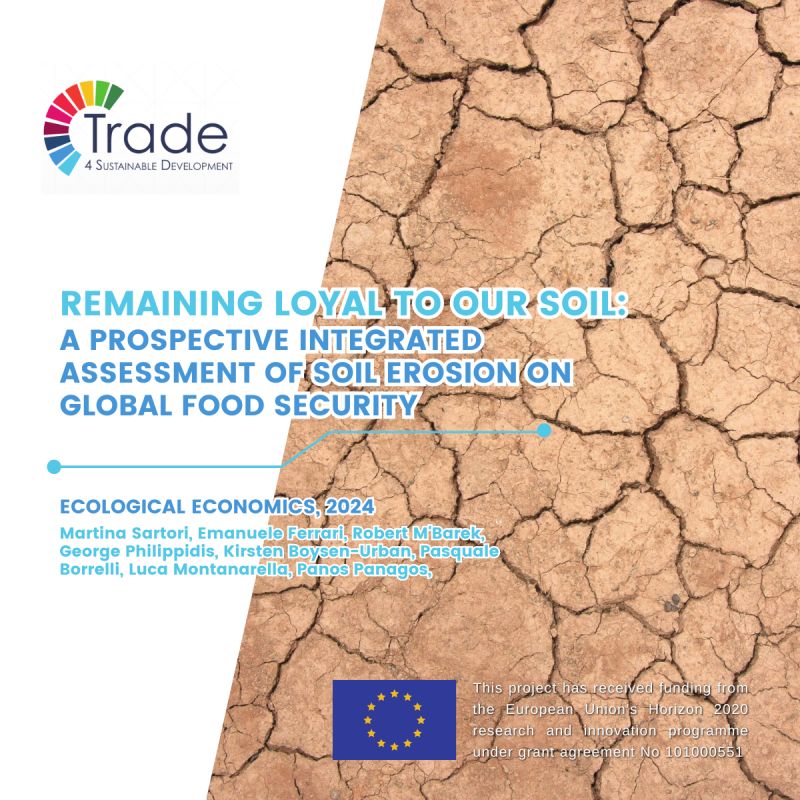A study employing an integrated quantitative modeling approach reveals projections on soil erosion’s long-term sustainability impacts. The global biophysical model estimates a mean increase in soil erosion rates between 30% and 66% from 2015 to 2070 under diverse climate-economic scenarios.
💰 Economic Contraction: the projected soil erosion rates translate into substantial economic consequences, with a potential global economic contraction of up to $625 billion by 2070.
🌾 Threat to Food Security: particularly alarming is the acute challenge soil erosion poses to food security in vulnerable regions, including Africa and certain tropical areas. The study underscores the potential threat of shortages, especially for crops like oilseeds. Under the worst-case scenario, global primary agricultural production losses could reach 352 million tonnes by 2070.
🌱 Role of Sustainable Practices: the study emphasizes the pivotal role of sustainable management practices in mitigating market and environmental stresses arising from soil erosion.
🌐 Global Collaboration: the study underscores that free (and fair) trade is essential, allowing less affected regions to marginally expand production and alleviate market tensions anticipated in more severely affected areas of the world.
📚 Read the Full Study: https://lnkd.in/d6ZAvk3N
hashtagSustainableAgriculture hashtagSustainabilityImpact hashtagSoilErosion hashtagGlobalEconomy hashtagFoodSecurity hashtagSustainableManagement hashtagTrade4SD hashtagEnvironmentalStewardship hashtagClimateAction hashtagGlobalTrade hashtagEnvironmentalSustainability
Authors: Martina Sartori, Emanuele Ferrari, Robert M’Barek, George Philippidis, Kirsten Boysen-Urban, Pasquale Borrelli, Luca Montanarella, PANOS PANAGOS



Leave a Reply